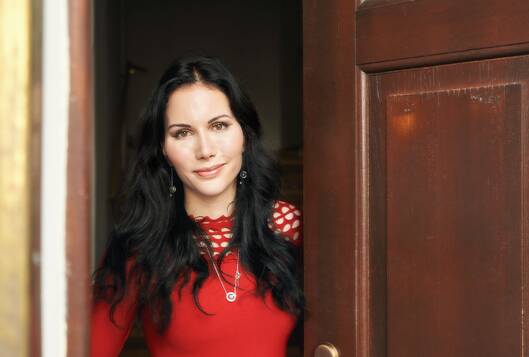In The Global Undergraduate Awards competition, it is not enough to have strong results. "The formal aspects of the work are also important – structure, language, and method of argumentation. I would like to take this opportunity to thank Prof. Navara, who, as a leading specialist at the time, paid close attention to these aspects. Without his emphasis on formal precision, my work might have been less successful than it was," said Dominika Burešová from the Department of Cybernetics at the Faculty of Electrical Engineering of the Czech Technical University in Prague.
Two years ago, she won the GUA award in the mathematics and physics category for her bachelor's thesis from the Open Informatics (OI) study program. In it, she summarized and expanded on the results of her multi-year research, in which she focused on the algebraic and state properties of quantum logics, which far exceeded the standard requirements for bachelor's theses. The thesis was supervised by Prof. Pták and Prof. Navara from the Department of Cybernetics at FEE CTU.
This year, she sat on the jury in the same category. Although this is not Burešová's first time as an evaluator, she was surprised by the complexity of the entire GUA evaluation process. "When I review articles for international journals, they usually correspond exactly to my area of expertise, so it's relatively easy for me. Here, evaluators assess work from different fields, which requires greater insight and stronger intuition," the scientist explained. “I was also surprised by how small differences often determine which works ultimately receive awards. The works are really of very high quality,” she added.
As a GUA laureate, Burešová has had many opportunities – from media attention to offers to study at the world's most prestigious universities to valuable contacts abroad.
Dominika Burešová now works in the Machine Perception group at the Department of Cybernetics at the Faculty of Electrical Engineering of the Czech Technical University in Prague, where she focuses on several topics within the field of algebraic methods of quantum theories. These include, for example, measure theory, noncommutative probability, and ordered algebraic structures.
The Global Undergraduate Awards have been presented in Dublin since 2008. The competition has a total of 25 categories in the exact and humanities sciences. The judges select from fully anonymized bachelor's theses from around the world without knowing which country the work comes from.
Dominika Burešová is the third person from the Czech Republic to succeed in this prestigious competition. In 2015, Masaryk University student Hana Sedláčková won the competition in the life sciences category. In 2017, another Masaryk University student, Tereza Gerguri, succeeded in the same category.



